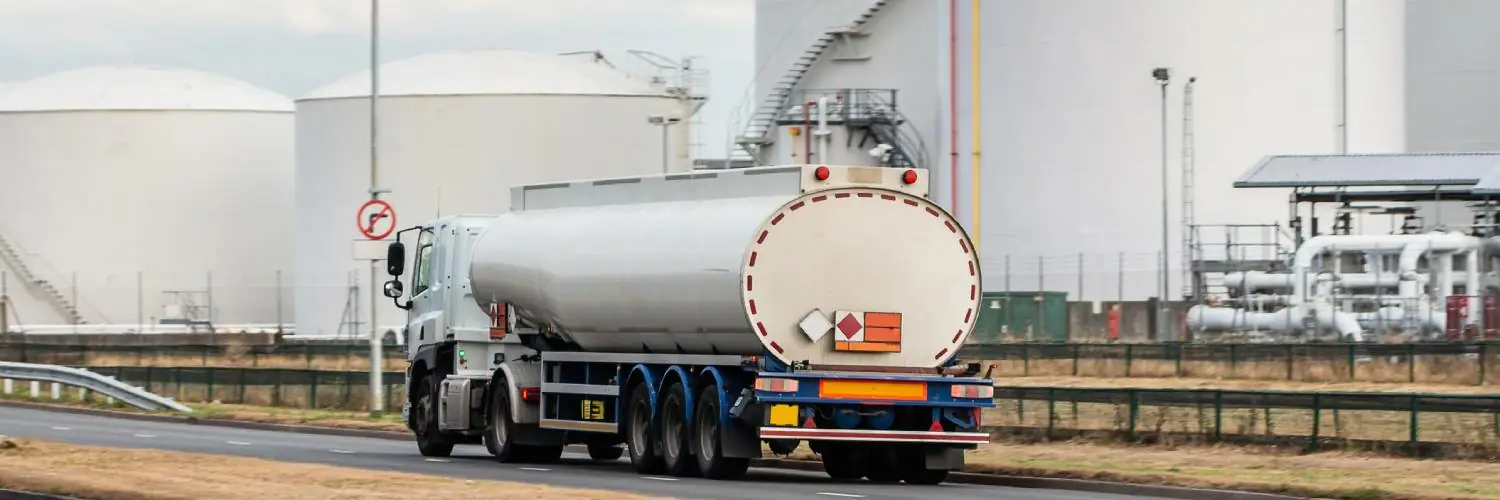Thinking about the UK, the fuel cost rise has been headlining news with filling a tank of petrol in the car has now hitting the £100 mark. BBC Petrol prices: Calls for more help as cost to fill a tank hits £100.
Why so expensive?
There are a number of reasons for this including:
- the drop in demand during the pandemic when some businesses temporary halted trading and so a drop in demand for energy followed by an increase in demand as we go towards normality
- purchase of crude oil is made in US dollars and the pound sterling is not performing as strongly
- war in Ukraine with Russia, Russia is one of the world’s largest oil exporters, but sanctions reduce imports
- some petrol retailers don’t pass on reductions when crude oil prices drop
- fuel duty and VAT account for almost 50% of the cost the consumer pays at the pump per litre
- lack of capacity to refine petrol and diesel from crude oil at refineries
Fuel cost rise impact on haulage
It was suggested by Lesley O’Brien, director of Freight Link Europe, that fueling an articulated lorry at her company now costs £61,000 a year, compared to before the price rises when it was £41,000 a year. This means an increase of £20,000 annually in business costs where the fuel expense is approximately one-third of overall costs.
Businesses relying on transport then need to consider increasing the prices they charge to mitigate. In turn, the consumer, already handling the cost-of-living crisis needs to decide if they are willing to or can even afford the additional cost.
RHA
Rod McKenzie, from the Road Haulage Association (RHA), said: “Fuel represents over a third of a trucks operating costs yet profit margins are between 1% and 2%.
“To put this into perspective, the average 44 tonne truck gets less than two miles from a litre of fuel. That’s why every penny increase makes a massive difference and as such, every penny must be made to count.”
Some 35% of fuel costs are duty taxes and the RHA wants the government to return this to “essential users” such as hauliers and coach operators. They could then lower their prices to customers, the RHA said.
For more details on the BBC regarding Lesley O’Brien and Rod McKenzie’s concerns: Cost to fuel a lorry is up £20,000 a year, says haulage boss.
Desperate times as fuel cost rise
We wrote about Fuel Theft only recently including defensive measures. In the post it was focused more on targeting by thieves on specific vehicles. Within a short period of time, it has now been reported that there has been a substantial increase in ‘bilking’. West Midlands Police define it as follows: Leaving a petrol station without paying If someone dispenses fuel and deliberately leaves without paying this is a type of theft. It is known as ‘making off without payment’ or ‘bilking.’
Forecourt Eye, an industry expert that works with garages across the UK, state “there was a 39% increase in non-payments since January.”: Forecourt fuel thefts rise as petrol prices soar. This involves the motorist driving off without paying or even saying that they have forgotten their wallet. 70% claim to have forgotten their wallet which is a shift from the usual ‘driving off’.
The AA’s Luke Bosdet said “some people are stealing fuel out of desperation while others are organized and doing it to profit.”
What next?
The cost of fuel is likely to continue to rise from the information above as none of the factors look like abating any time soon. Add to that the increase in the cost of living, it is a time for hard choices for many consumers. The choice for a fuel reliant business such as the same day delivery company is to increase costs to the consumer or lower already fine margins of profit in an increasingly competitive market.
